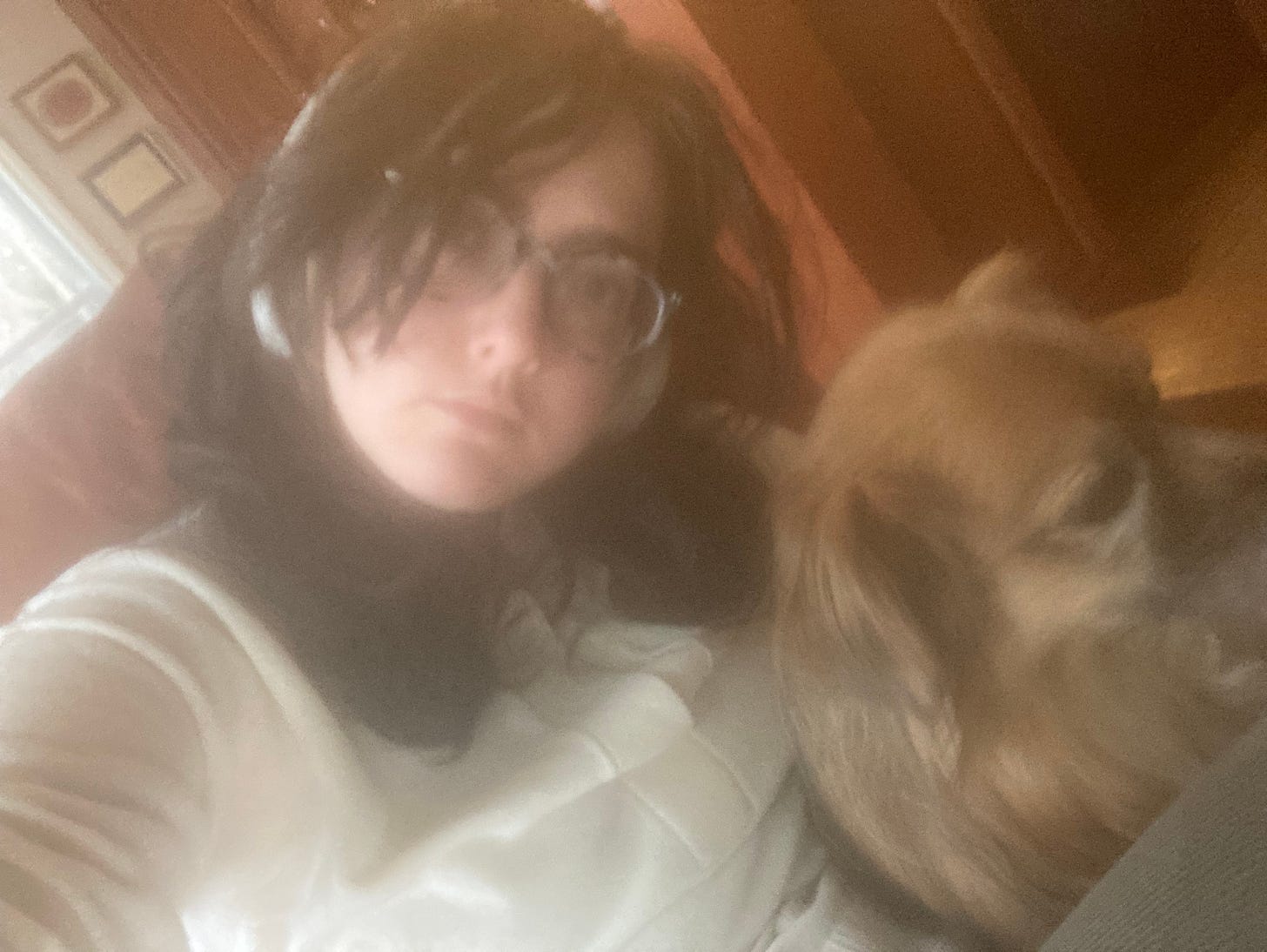There’s a common refrain I run across whenever I find myself with a new interest: you have to remember, nobody cares about this. This statement has been floating around books and such forever—nobody reads. (I suspect but cannot prove the problem is rather, nobody knows how to reach readers.) When I’m reading stuff on pop music forums, people frequently assert nobody cares about pop music. (What is the “pop” part, then?) Fragrance forums—nobody really cares about fragrance. But fragrance is big business, right? Somebody must care.1
On some level, these statements are just different versions of the Pareto principle, otherwise known as the 80/20 rule, which in this case means that 80% of your sales come from 20% of your customer base. That is also what you see in action when you see those alarming graphs about i.e. alcohol purchases where most people purchase, I dunno, a bottle of wine once a year and then twenty percent of people purchase a …
Keep reading with a 7-day free trial
Subscribe to Notebook to keep reading this post and get 7 days of free access to the full post archives.



